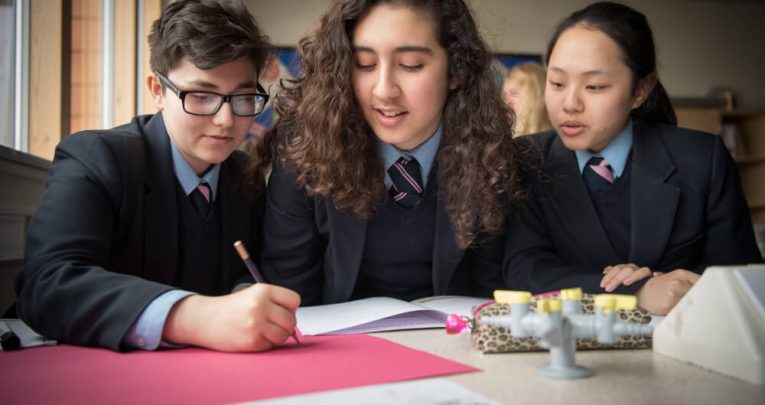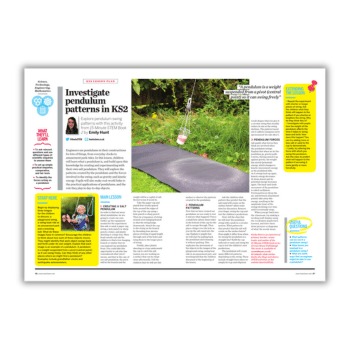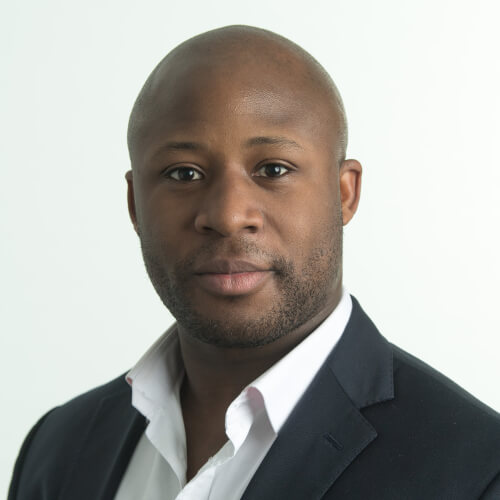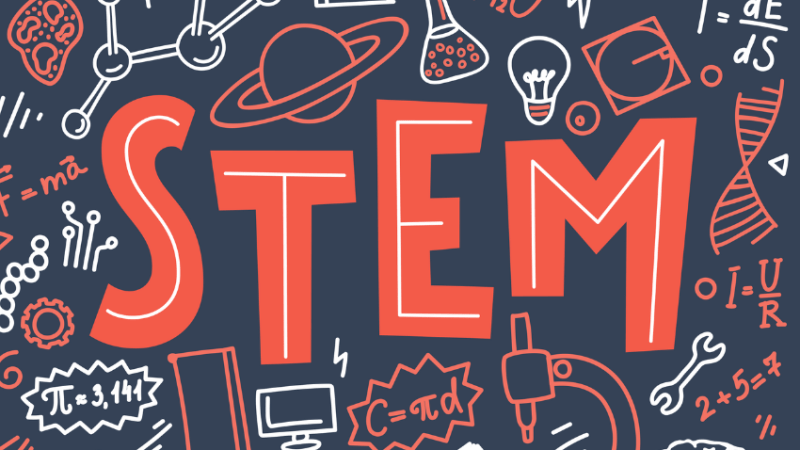Let’s Open STEM to Everyone

It’s in all our interests to help young people break the class ceiling, says Marcus-Alexander Neil – and here’s why…

The link between family income and educational outcome is stronger in the UK than almost anywhere in the world.
This stark fact is increasingly informing our approach to schools outreach; because we can’t as a society accept a situation in which a child’s background rather than their talent or enthusiasm determines their future.
And with poor social mobility predicted to cost the UK economy £14 billion by 2050, we can’t afford to ignore this disparity at an economic level either.
By 2022, nine million low-skilled people are expected to compete for just four million low-skilled jobs. By contrast, there will be a shortage of three million to fill 15 million high-skilled jobs.
Greater reach
Shell’s STEM skills programmes are designed to contribute to the UK’s STEM pipeline and foster the skills which will support economic growth and the UK’s transition to a lower-carbon economy.
To do that as effectively as possible our outreach programmes need to reach all potential contributors – not just the talent pool typically drawn to careers in science.
Put simply, we need more young people from a far more diverse range of backgrounds to aspire to the highly skilled and exciting job roles that will shape the future – for their benefit and for the UK’s future economic outlook.
So, what’s the answer? There is no panacea. But we believe corporates are well placed to play a valuable role by working collaboratively with experts in the field.
That’s why we’ve recently partnered with Teach First, the charity dedicated to ensuring that no child’s success is limited by their background.
By working with them and their partner schools – state schools operating in some of the most economically challenging conditions – we hope to open up our outreach to young people that might not otherwise participate and benefit.
Capital disadvantage
Research into young people’s science aspirations reveals that those with low science capital (lacking access to science role models and experiences) are typically from more disadvantaged backgrounds and are the least likely to consider science related careers.
This is as a result of their highly limited understanding of the relevance of science in the wider world.
Practical, real-world challenges like our national schools’ competition, The Bright Ideas Challenge, can help challenge narrow perceptions by bringing to life the tangible role scientists can play in positively shaping the future.
It invites young people aged 11-14 to use their STEM skills to come up with ‘bright ideas’ for powering the future cities of 2050.
We know the programme is already helping to break down gender stereotypes and the ‘not for me’ culture, with over half (60%) of our finalists last year being girls.
This is progress, but we’re determined to use our partnership with Teach First to ensure an even more socially diverse mix of students enter and benefit from the challenge in future years.
Powerful partnership
Breaking through the class ceiling is an age-old problem which no single initiative or organisation is going to solve. But we should not let the enormity of the issue daunt us, because single initiatives and programmes can collectively build into a powerful movement for change.
Working in partnership with experts such as Teach First, corporates need to empower students in disadvantaged areas to embrace opportunities that break down stereotypes and promote skills and belief.
Only by doing this we can help ensure young people – regardless of background – can make informed and ambitious decisions about their future.
For more about The Bright Ideas Challenge go to shell.co.uk/schools/the-bright-ideas-challenge; and for more about Teach First, visit teachfirst.org.uk.
Marcus-Alexander Neil, is UK Education Lead at Shell.












